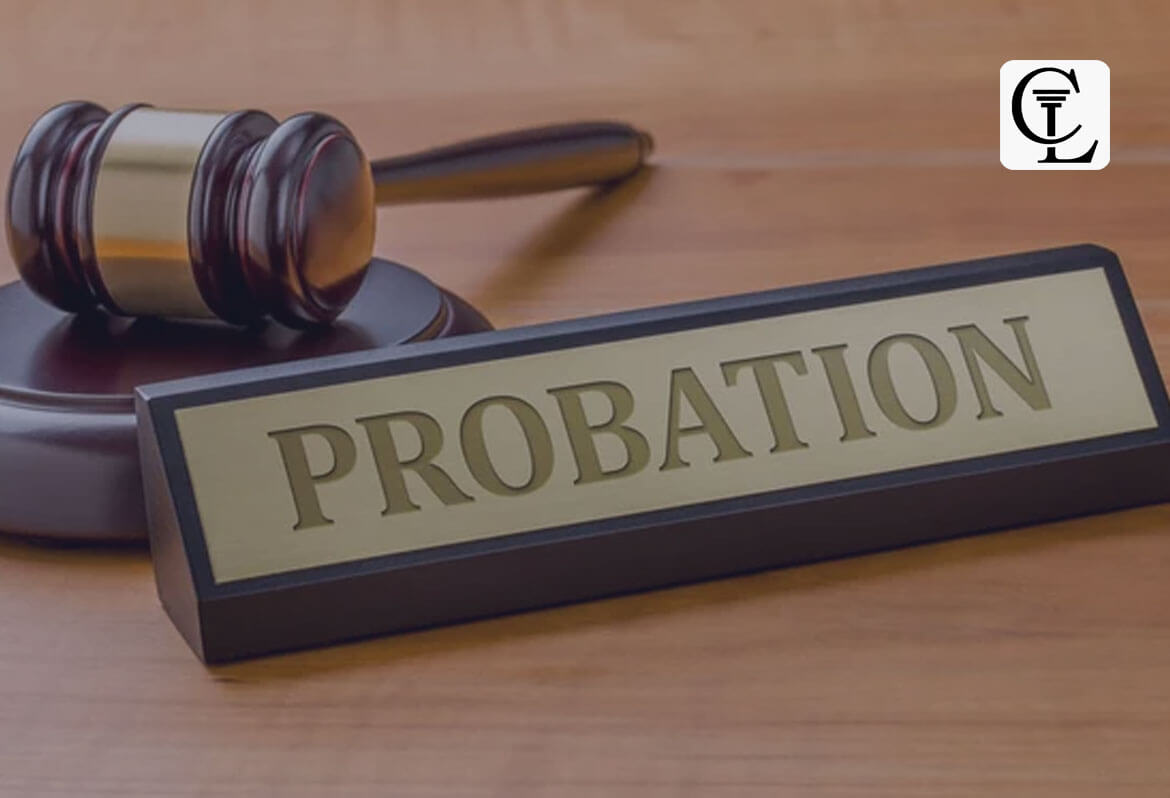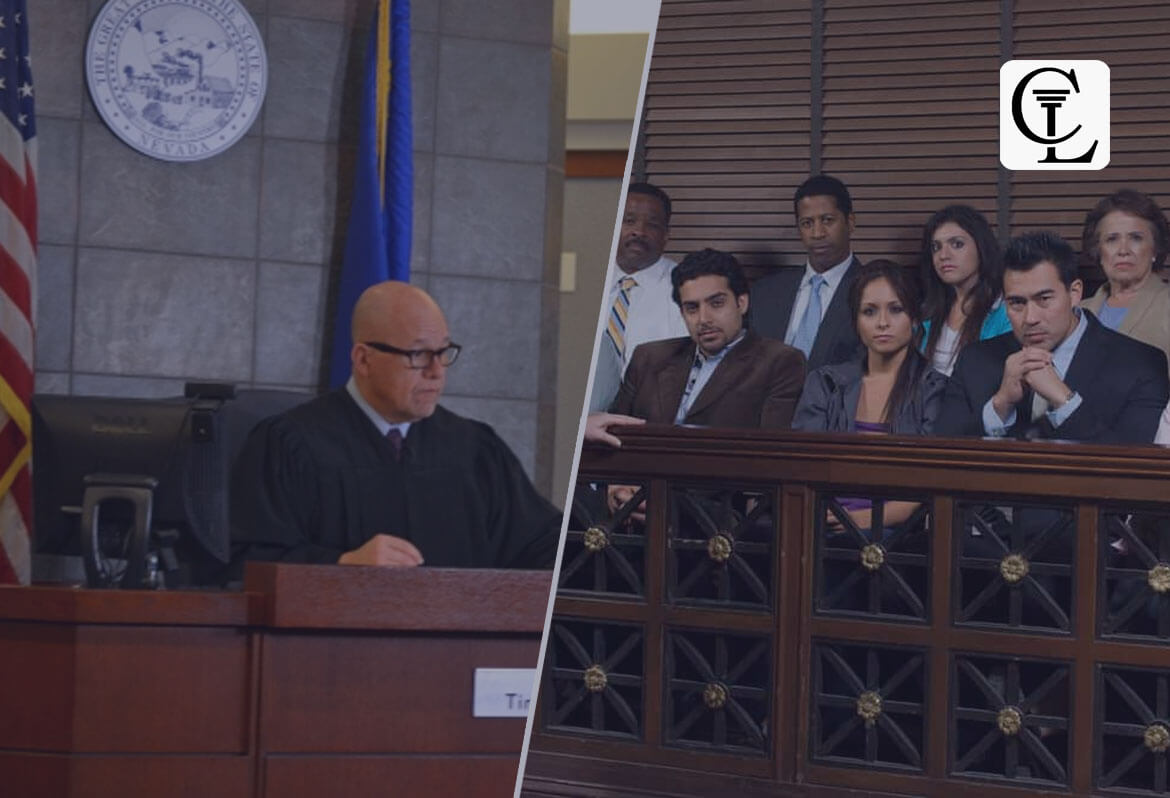If you have or have spent time in a courtroom in Massachusetts you have probably heard attorneys, judges, or probation officers talking about a “CWOF.” “CWOF” is a commonly used acronym for a Continuation without a Finding. It is a way of resolving a case short of a guilty plea.
If you accept a CWOF disposition there are a few things to know and understand. First, a CWOF requires that you admit to the facts underlying the criminal charge. Second, it requires that you are placed on some period of probation. Third, that if you complete probation without any violations, then the case will be dismissed.
There are pitfalls and risks when you take a CWOF though. Because you admit to the facts, you must also waive your constitutional right to a trial, or to otherwise challenge the facts. This is important because if you were to be found to have violated your probation while on a CWOF, then you could be found guilty and sentenced up to the maximum possible penalty for the charge, without a trial. Additionally, for some charges, such as for an OUI, having received a CWOF in the past is sufficient for another OUI in the future to be charged as a subsequent offense.
A criminal defendant is not entitled to a CWOF, and the Court can decide whether or not to resolve a case in this way. Because of the benefits and risks associated with a CWOF, whether you should accept this disposition or not is highly case specific, and you should make sure you have an attorney you trust to help you make this decision.










2 Responses
Does the prosecution have to agree to a CWOF, or is it the sole discretion of the judge?
That is a great question. In Massachusetts, the prosecution does not have to agree to a CWOF. The defendant can request a CWOF as part of a plea, even if the Prosecutor is requesting a guilty finding. In this circumstance the Judge will then decide what is appropriate.